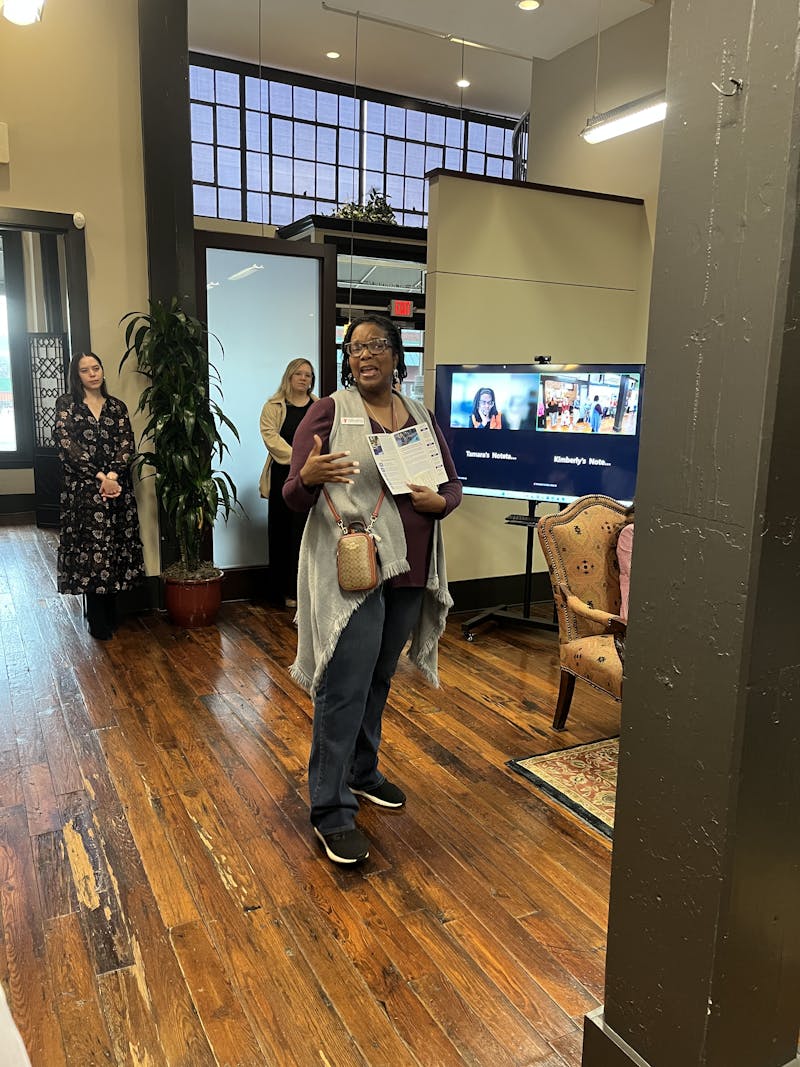24
Feb

Chris Hood Inducted as Birmingham Bar Foundation Fellow — A Celebration of Leadership, Service, and Justice
On Friday, February 20, 2026, the Birmingham legal community came together for a distinguished evening at the 2026 Birmingham Bar Foundation Fellows Gala, held at B&A Warehouse in downtown Birmingham. The event celebrated the induction of the newest class of Birmingham Bar Fo...
View MoreCategory: Firm News
24
Feb

When Play Becomes a Problem: A Real Story of Video Game Addiction
From Straight A's and Sports to Isolation He was thriving. A straight-A student. Active in sports. Surrounded by friends. By every measure, he was a well-rounded, high-achieving kid with a bright future. But as gaming began taking up more of his time, subtle changes appeared...
View More19
Feb

When Delayed Diagnosis Costs Too Much: Lessons from Recent Medical Malpractice Cases
Medical malpractice isn't just a legal term — it’s a reality that affects real people whose lives are irrevocably altered when the medical system fails them. From missed cancer warning signs to misdiagnoses that lead to permanent disability, cases across the cou...
View More19
Feb

HGD Law Firm Celebrates 20 Years at Biannual Firm-Wide Meeting with Mardi Gras-Themed Fat Tuesday Bre
HGD Law Firm marked a major milestone this February, celebrating 20 years of excellence during its biannual firm-wide meeting—held this year on Fat Tuesday with a festive Mardi Gras theme. The February 17, 2026, gathering brought together all 15 attorneys and 30 support tea...
View MoreCategory: Announcements
17
Feb

Five HGD Partners Named to the 2026 Lawdragon 500 Leading Plaintiff Consumer Lawyers List
W. Lewis Garrison, Jr. W. Lee Gresham III Erik S. Heninger Stephen D. Heninger Amanda S. Williamson This prestigious recognition highlights attorneys across the country who dedicate their careers to representing plaintiffs in high-stakes litigation, including personal injury, p...
View MoreCategories: Announcements News
17
Feb

Growing Together: Welcoming New Team Members and Celebrating Well-Deserved Promotions at HGD
As HGD Law Firm celebrates 20 years of serving our community, we reflect on what truly fuels our success. Yes, it's our results in the courtroom. Yes, it’s our commitment to delivering white-glove service to every client who walks through our doors. But at the heart o...
View MoreCategory: Announcements
16
Feb

From the Baseball Diamond to the Courtroom: A Misdiagnosis That Changed a Young Life
It started on the baseball diamond. A young athlete began feeling sick during practice — something wasn't right. What followed should have been a careful medical evaluation and prompt answers. Instead, it became a series of missed opportunities. In our latest video, a...
View MoreCategory: News
13
Feb

When Scrolling Becomes Addiction: The Real Cost of Social Media on Families
Social media has become part of everyday life. For many families, it's how kids connect with friends, stay entertained, and keep up with trends. It can feel harmless at first — just a few minutes here and there, a quick scroll before bed, a way to pass time between sc...
View More09
Feb

Uber Hit With $8.5 Million Verdict in First Sexual Assault MDL Bellwether Trial
In a landmark decision with nationwide implications, a federal jury has ordered Uber Technologies Inc. to pay $8. 5 million to a survivor of sexual assault in the first bellwether trial arising from the consolidated Uber sexual assault multidistrict litigation (MDL). The verdict s...
View More07
Feb

When Routine Surgery Turns Tragic: Why Post-Operative Care Matters
Most families believe the biggest risk of surgery happens in the operating room. If the procedure goes well, they assume the danger has passed, and recovery is underway. But the truth is, some of the most life-threatening medical mistakes happen after the surgery is complete &md...
View More06
Feb

Terri Harvill of the YMCA of Greater Birmingham Thanks HGD Law Firm for Its Ongoing Community Partnership
At HGD Law Firm, community is not a side initiative—it is a core part of who we are. This week, our team had the privilege of welcoming Terri Harvill, Chief Social Impact Officer of the YMCA of Greater Birmingham, to our firm huddle. Terri joined us to personally thank HGD ...
View More06
Feb

Twenty Years of Standing with Our Clients
On February 6, 2026, HGD Law Firm proudly celebrates 20 years of service, advocacy, and trust—two decades of standing beside individuals and families during some of the most challenging moments of their lives. HGD was founded in 2006 by Erik Heninger, Steve Heninger, Willia...
View MoreCategories: Announcements News

